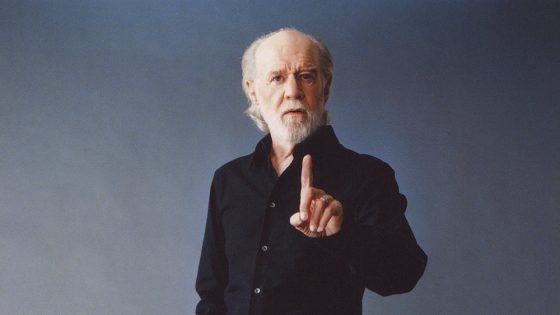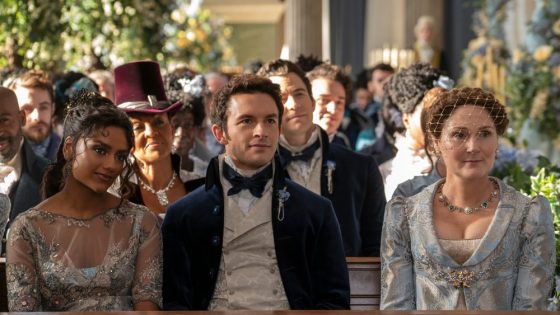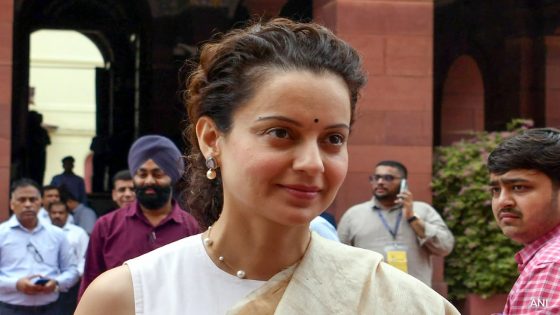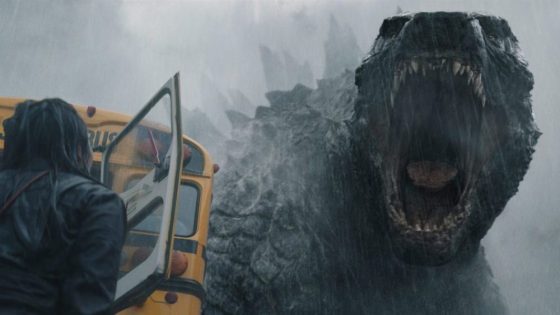George Carlin‘s estate has settled a lawsuit over an AI-generated imitation of the late comedian, with the creators agreeing to remove it from their YouTube channel and podcast feed.
In January, the Dudesy podcast released “George Carlin: I’m Glad I’m Dead,” which purported to be an hour-long special created by artificial intelligence. Carlin died in 2008, but the special featured a sound-alike voice doing Carlin-esque material on contemporary topics like trans rights and defunding the police.
The estate sued, alleging that the special violated the estate’s copyrights and its publicity right to Carlin’s name, image and likeness.
The Dudesy podcast is hosted by Will Sasso and Chad Kultgen. Within a week of the lawsuit, they notified the estate that they had removed the video from their YouTube channel along with any mention of Carlin from their podcast and social media accounts.
Under the settlement, they agreed to a permanent injunction that bars them from uploading the video again, or from using Carlin’s image, voice or likeness in any platform.
Kelly Carlin, the comedian’s daughter, issued a scathing statement about the AI-generated special when it was first released, calling it “a poorly-executed facsimile cobbled together by unscrupulous individuals.”
In a statement on Tuesday, she said she was gratified to have the situation over with.
“I am pleased that this matter was resolved quickly and amicably, and I am grateful that the defendants acted responsibly by swiftly removing the video they made,” she said. “While it is a shame that this happened at all, I hope this case serves as a warning about the dangers posed by AI technologies and the need for appropriate safeguards not just for artists and creatives, but every human on earth.”
SAG-AFTRA has pushed for federal legislation that would make it illegal to create a fake digital replica of someone without their consent.
Carlin’s estate sued under California’s right of publicity law, and also for copyright infringement under federal law.
In a statement, the estate attorney, Joshua Schiller, said that the lawsuit was intended to preserve Carlin’s legacy and shine a light on the threat that emerging technologies pose to intellectual property.
“This settlement is a great outcome for our clients and will serve as a blueprint for resolving similar disputes going forward where an artist or public figure has their rights infringed by AI technology,” he said. “This is not a problem that will go away by itself. It must be confronted with swift, forceful action in the courts, and the AI software companies whose technology is being weaponized must also bear some measure of accountability.”
The special was first released on Jan. 9. A week later, in response to backlash, Kultgen indicated on the podcast that the special was not written by AI. Instead, he suggested that the script was written by a person and fed into an AI voice generator. The estate argued that it was an unlawful appropriation of Carlin’s material either way.
In an interview, Schiller said he would seek to get YouTube and other platforms to take down copies of the video that have been posted by other accounts. However, he noted that there is a “gaping hole” in the law, as there is no federal right of publicity, and thus no assurance that those platforms would have to comply with such requests.
Source Agencies




